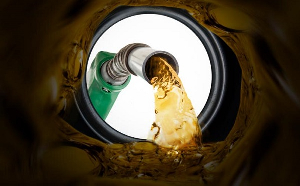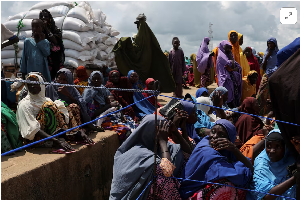Following the recent 15 per cent increase in transport fares and the implementation of the ECOWAS
Common External Tariff (CET), the Ghanaian economy is set to suffer renewed inflationary pressures.
The stability of the local currency cannot also be guaranteed, experts have said.
The central bank is hoping to bring back inflation under control in the short to medium term while keeping the cedi relatively stable.
The CET which has sky-rocketed import duties at the country’s ports frustrating already burdened importers in the process will boost tax revenue will affect certain key indicators in the economy.
For instance, vehicle importers who in the past pay as low as 5 percent levy will now pay 20 percent import duty for all types of vehicles.
Importers of goods such as tomato paste, cooking oil, frozen foods and mineral water will attract a 35 percent increase in import duty instead of the previous 20 percent. Rice importers will also attract 20 percent duty on all imports.
Some clearing agents whose businesses have gone down because of the many uncleared goods are also disturbed about the developments. Their bane has largely been the exchange rate fluctuations.
Most importers are also worried because the new external tariff will not only raise the cost of clearing goods but will also increase the many uncleared goods particularly vehicles at the ports.
The Association of Importers and Exporters insists that “if Ghana was going to enforce the ECOWAS Regional Common External Tariff, it should have reviewed the many taxes downwards to favour businesses.”
Business News of Friday, 5 February 2016
Source: The Finder
Inflation, cedi under threat
Entertainment












